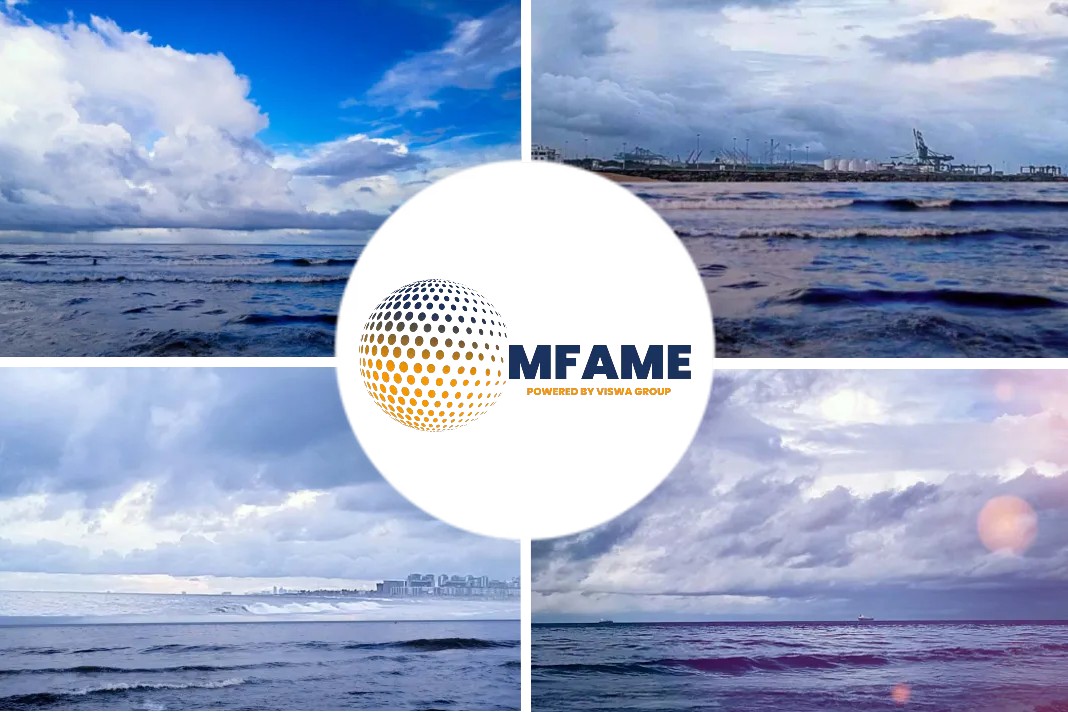Inmarsat has made available five Fleet One units to a pilot initiative that aims to bring change to the way ships connecting island communities in the Pacific archipelago of Vanuatu communicate.
The International Maritime Organization (IMO) endorsed capacity-building pilot programme is the result of co-operation between the International Mobile Satellite Organization (IMSO) and the Government of Vanuatu under the leadership of the Ambassador of Vanuatu to the IMO.
Waterborne transportation plays an indispensable role in the day-to-day life of states relying on maritime transportation that includes small island states. The Vanuatu archipelago, for instance, stretches 1,300km from north to south and comprises 82 small islands, of which 65 are inhabited.
However, the small vessels used to connect these islands typically fall outside the scope of international maritime conventions and safety standards, which tend to focus on large commercial tonnage. Safety standards on smaller vessels operating in less developed countries have been a growing concern for the IMO. Moreover, whether due to overcrowding, rough weather or collisions, a lack of adequate and efficient ship-to-shore communication often compounds incidents.
“In small island states, vessels mostly operate on coastal routes or in domestic waters between neighbouring islands,” says Peter Broadhurst, Inmarsat Senior Vice President for Safety and Security. “Despite providing a lifeline to the communities they serve, vessels sometimes don’t have their own lifeline if something goes wrong. They can be poorly equipped to communicate in an emergency, and often rely on mobile phones which can go out of range.”
The five Fleet One units are destined for the 20m landing craft Valerie, the 28.5m tugboat Warringa and three cargo/passenger vessels Makila (22.5m length), Kiwi Trader (31m) and Vanuatu Ferry (57m). Installation and training for the vessels’ Masters will take place in Port Vila, the archipelago’s capital city and site of its largest harbour.
The pilot project will see Inmarsat provide three months of free data usage, while its 505 emergency and distress calling service is being offered on a permanent basis. Inmarsat’s free ‘505’ distress calling service directs calls to the Maritime Rescue Co-ordination Centre (MRCC) best able to handle an emergency.
“Ensuring safety of life at sea is a matter of optimum capacity utilised by the operators. It can be best achieved through the development of the right human skills and the use of befitting technologies such as Fleet One, which is expected to enhance capacity of operators, in particular, for non-convention vessels operating in the environment of small island states and we intend to replicate such laudable initiatives in other regions in the future,” said Capt. Moin Ahmed, Director General of IMSO.
Fleet One ensures safety by supporting the data demands of seasonal or sporadic users, providing reliable connectivity for operations moving in and out of VHF or mobile coverage areas. It gives seafarers sufficient data availability to download weather reports and navigational updates, to access email for operational reasons, and to make simultaneous voice calls and send SMS texts.
Vanuatu is establishing a National Emergency Telecommunication Cluster, which will link various governmental departments, humanitarian agencies and logistics services, among others. There is an aspiration for 505 calls to be routed to the cluster to facilitate speedy and coordinated responses.
Both the Ministry of Infrastructure and Public Utilities and the Vanuatu Office of the Government Chief Information Officer are closely involved in the pilot programme. “To be successful, initiatives of this kind must gain the support and cooperation of local stakeholders,” said Broadhurst.
“Initiating this project was a natural response to our local seafarers’ safety, who are too often cut off with the outside world once they are off our coasts. The Inmarsat and IMSO partnership has successfully resulted in the equipment of five local vessels and we are looking forward to extending the roll-out of Fleet One to all 25 remaining Vanuatu domestic ships trading inter-island when the pilot project is deemed a success. Further in-kind support initiatives with other leading organisations are being considered to conclude the project and provide safety services to the 25 remaining vessels trading inter-island,” said H.E Laurent Parenté, Ambassador and Permanent Representative of Vanuatu to the IMO.
Did you subscribe for our daily newsletter?
It’s Free! Click here to Subscribe!
















![[Watch] A Christmas Tree Goes To Sea](https://mfame.guru/wp-content/uploads/2025/01/mfame-container-100x70.jpg)
